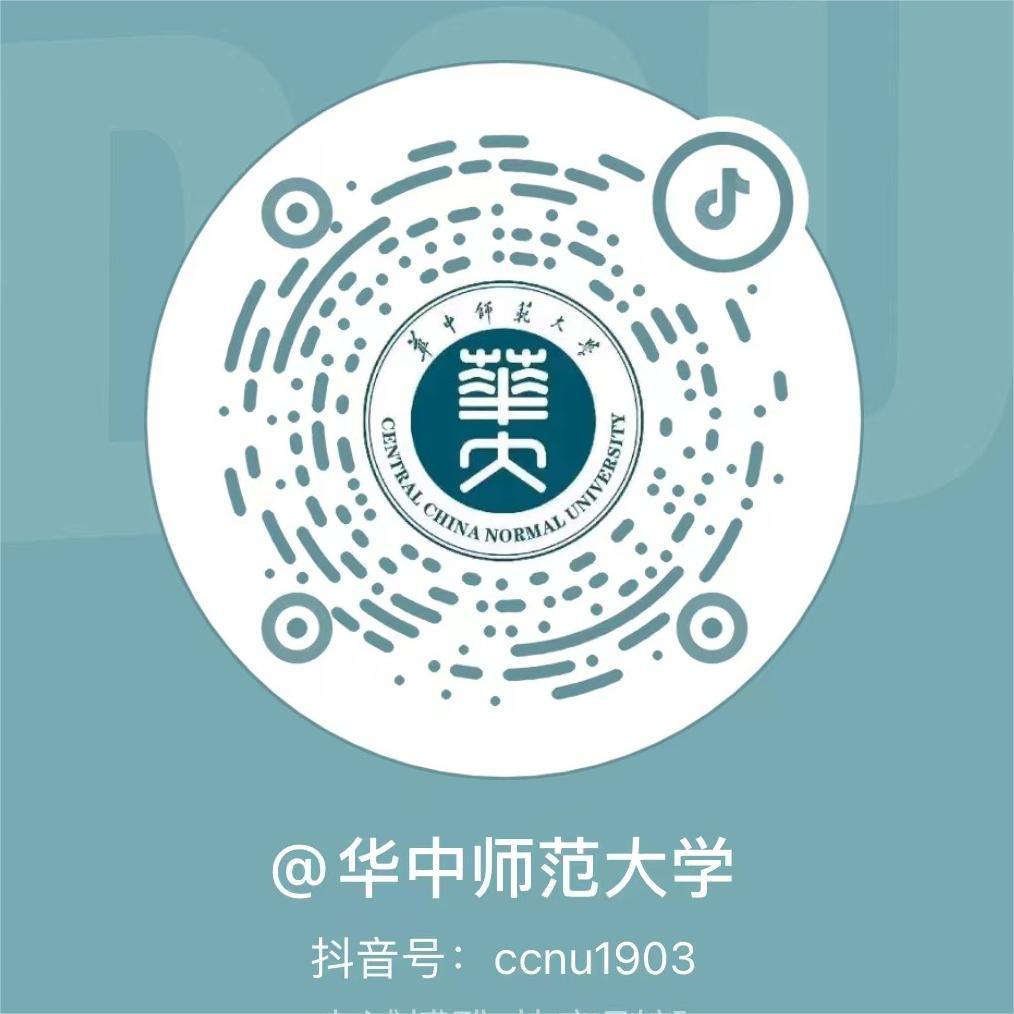The 2025 World Digital Education Conference was held in Wuhan from May 14 to 16. Since China launched the National Education Digitalization Strategy Action in 2022, Hubei has become the country's first national pilot province for educational informatization and a provincial-level pilot zone for the National Smart Education Platform. Currently, significant changes have taken place across primary, secondary, and higher education institutions throughout Hubei Province.
AI Teachers on Campus Bringing New Practices in Personalized Teaching
At the AI-enabled classroom of the Primary School Attached to CCNU, music teacher Zhang Yuke co-teaches with her new digital partner "Aikeke" – a teacher's digital twin powered by a dedicated AI large model. Through their dynamic collaboration, the duo visually presents diverse musical performance scenarios and instrumental techniques, creating immersive learning experiences for students and filling in some of the gaps in the skills of traditional teachers.
The "Smart Brain of Primary School Attached to CCNU" Platform, integrated with DeepSeek's large language model, hosts an extensive school-based knowledge repository while enabling user-specific customization. Its flagship "Smart Digital Mentor" feature creates AI mentors that offer academic support to students and parents around the clock. Concurrently, the platform deploys personalized "AI Study Companions" that comprehensively document students' daily school experiences, employing advanced analytics to decode individual learning behaviors, personality traits, interests, and latent needs for tailored educational guidance.
Currently, 41 primary and secondary schools, 45 vocational colleges, and 52 higher education institutions across Hubei Province have established advanced digital three-dimensional learning environments, including holographic interactive classrooms and AI-enabled instructional spaces.
Virtual Production Lines Enter Classrooms: Redefining Engineering Education
At Wuhan University of Technology (WHUT)'s Future Learning Center, students can utilize 3D visualization systems to analyze microscopic structural characteristics of battery materials, then leverage digital twin platforms to conduct collaborative 3D modeling and system simulations, achieving complete virtual reconstruction of power battery production lines from molecular design to industrial manufacturing. Since its 2023 launch, the Future Learning Center has successfully migrated battery manufacturing, robotics and smart manufacturing, and vehicle-road-cloud integration systems into virtual learning ecosystems. This technological infrastructure enables students to engage in immersive learning and innovative experimentation within high-fidelity virtual environments and has recorded over 35,000 student engagements.
Smart Factories Bridge Academia and Industry: Innovating Education-Enterprise Integration
Hubei Engineering Institute has extended digital teaching to factory production lines. Leading the Hubei Industrial Internet Education-Enterprise Alliance. Faculty-student teams have successfully executed digital transformation projects for over 50 mold steel manufacturers in Huangshi City. These projects have been compiled into 16 skill-based courses (e.g., 'AI for Quality Control') derived from real factory projects.
Hubei Province has emerged as a national pioneer in education digital transformation, establishing 14 key national initiatives including Smart Education Demonstration Zones and Innovation Application Pilot Areas, while achieving the country's highest activation rate for the National Smart Education Platform. With 4 national VR training bases and 66 universities offering 48 digital technology disciplines, the province has built an integrated "digital infrastructure, public platforms, and educational applications" ecosystem through its Education Big Data Center, cementing the "Hubei Model" as a blueprint for China's digital education advancement.




